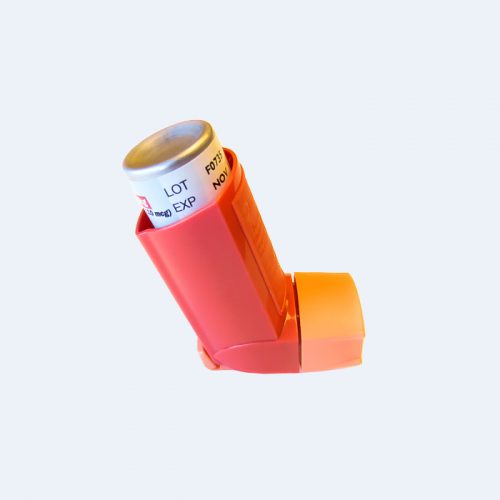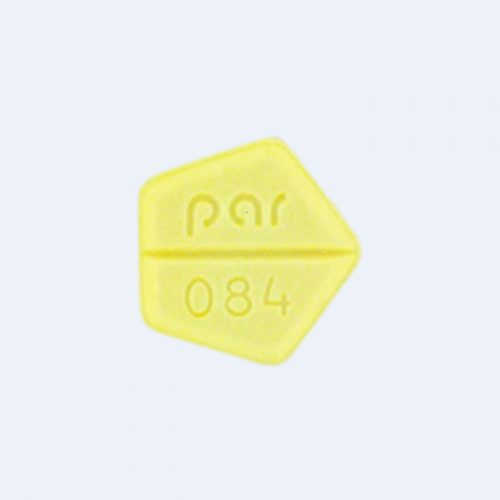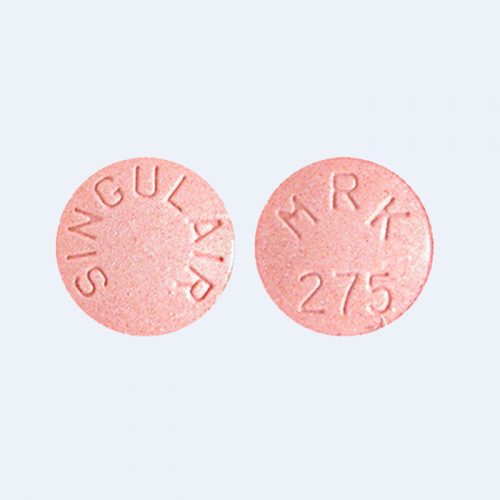Benadryl

Lopressor
May 25, 2017
Lozol
June 7, 2017Benadryl
Benadryl belongs to antihistamine medicines, which work by blocking naturally synthesized histamine in body. The active agent of the drug is diphenhydramine.
As soon as it is administrated, diphenhydramine spreads all over the body and blocks histamine at H1 receptor sites. It also provides an anticholinergic and sedative effect.
Benadryl is one of the first antihistamines. It was invented in 1943 and approved by the FDA in 1946. Nowadays, it’s manufactured under a wide range of brand and generic names.
Indications
This drug is used to treat allergy symptoms and ordinary cold. It is prescribed if a patient experiences:
- Running nose;
- Sneezing;
- Watery eyes;
- Itching;
- Rashes;
- Hives;
- Cough;
- Pruritus;
- Urticaria;
- Rhinitis.
Benadryl might be used to treat Parkinson’s disease and motion sickness. In addition it is sometimes used as non-prescription sleeping aid due to its sedative side effect.
Formula
Apart from its active agent, diphenhydramine, Benadryl contains:
- Crospovidone;
- Colloidal silicon dioxide;
- Hypromellose;
- Candelilla wax;
- Providone;
- Polyethylene glycol;
- Microcrystalline cellulose;
- Starch;
- Talc;
- Titanium dioxide;
- Stearic acid;
- Pregelatinized starch.
However, you must note that Benadryl is available in the form of liquid for injections, such as tablets and gel caps.
Ingredients of Benadryl injection solution are different from those of tablets. It’s necessary to check whether there are no components you are allergic to before purchasing the medicine.
Benadryl is also available for sale in the form of gel and cream, as well as congestion or oral administration, chewable pills and spray.
Dosage Information
It’s hard to work out a strict dose forming rule for the drug, as its needed amount depends on the form of the medicine you purchase and disease you are suffering from.
Adults are usually prescribed 25-100 mg of parenteral Benadryl or 25-50 mg of the one taken orally, while the maximum dose is 400 mg parenterally or 300 mg orally per day.
Pediatric patients receive the dosage depending on their exact age. Children from 2 to 6 are allowed the maximum of 37.5 mg of medicine a day, but their ordinary dose is about 6 mg every 6 hours.
Children belonging to the age from 6 to 12 should take 12.5-25 mg of Benadryl every 4-6 hours, but no more than 150 mg a day. Children after 12 may receive the dose like adults.
Benadryl must be taken according to the prescription you receive from your doctor, especially when used in pediatric patients. Do not increase or decrease the dose yourself or prolong the treatment without consulting a physician.
If you forget to take a dose, you may either take it once you remember or skip it at all if the next administration time is close.
There is no need to double the dose, as it may result in overdose.
Warnings
Benadryl can cause drowsiness, so it’s important to be especially attentive when driving or performing alike actions. In case you combine the medicine with other antihistamine containing drugs, its side effects might worsen. Another side effect booster for Benadryl is alcohol.
Since the medicine isn’t known to harm an unborn baby, pregnant mothers mustn’t take it without a prescription from a doctor. Also, it’s forbidden to breastfeed as Benadryl passes into the breast milk.
If you are going to buy Benadryl, it’s important to inform your doctor about the following conditions:
- High blood pressure;
- Heart diseases;
- Asthma;
- Seizures;
- Thyroid disorder;
- Liver or kidney conditions;
- Emphysema;
- Glaucoma.
You doctor may need to choose another medicine or decrease the dose to avoid risks for your health.
Side Effects
Possible side effects include:
- Drowsiness;
- Loss of appetite;
- Dryness in nasal or mouth cavity;
- Constipation;
- Dizziness;
- Weakness;
- Nausea;
- Headache.
If you have vision changes, difficulty breathing or passing urine, immediately call for emergency medical help.






